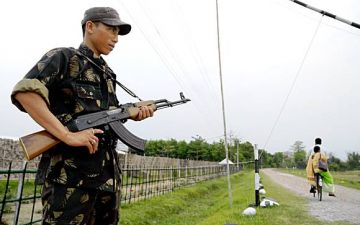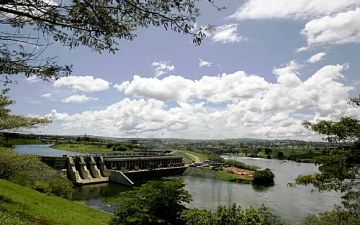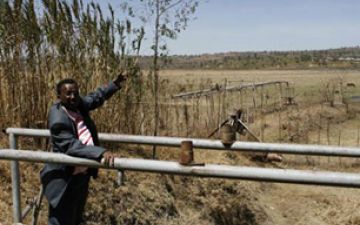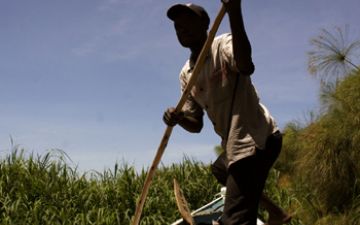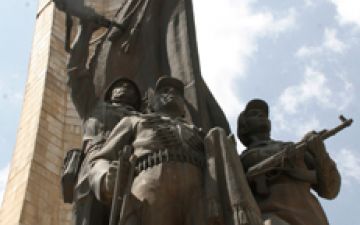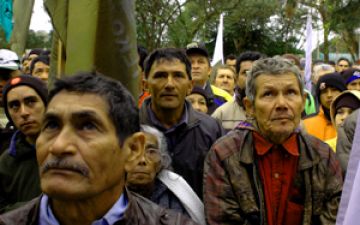Uneasy in India's Independence-Minded Assam
Udalguri, India -- Flanked by mist-bearded foothills, groups of young men play volleyball on a grass clearing, jog around plywood barracks and chop wood. If not for the presence of automatic weapons, the scene could pass for a summer camp .
